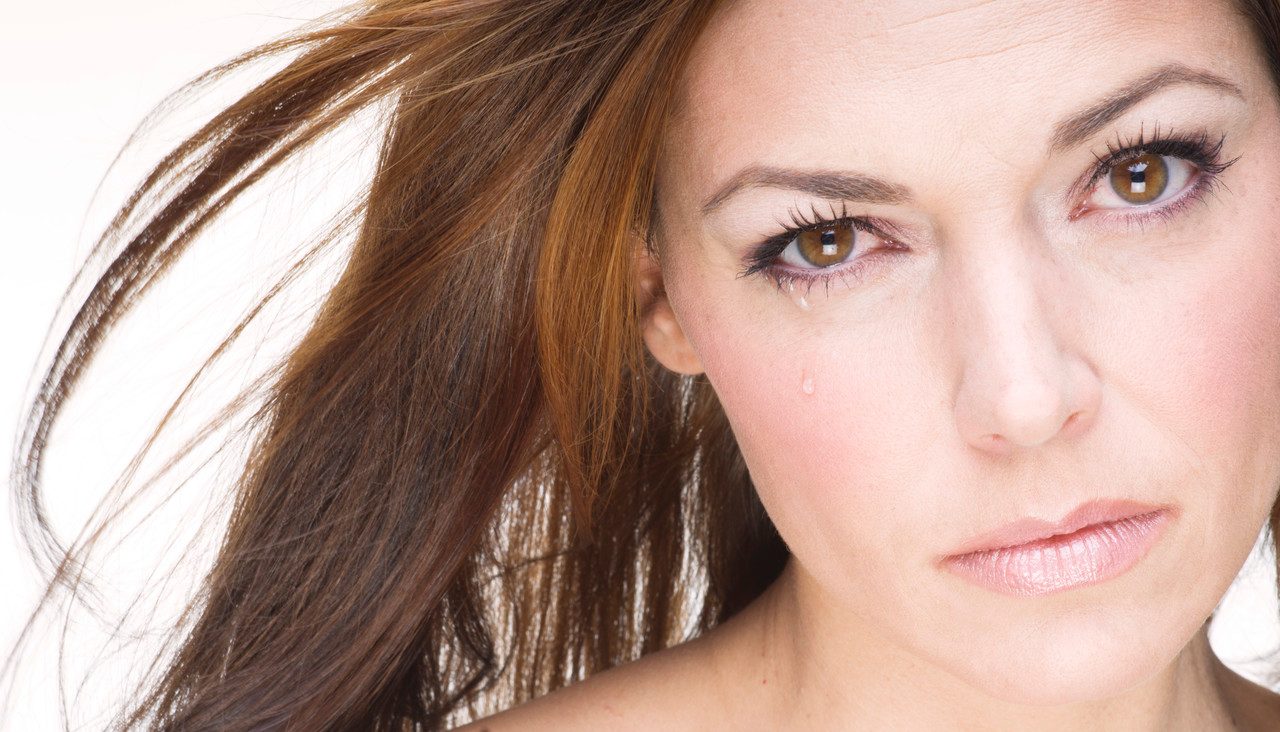Why Do We Cry? Is Crying Good for You?

Why do we cry? Is crying good for you? Maybe not, especially if you’re depressed or don’t get a soothing response.
“It is some relief to weep; grief is satisfied and carried off by tears.” — Roman poet Ovid.
Many women love a good cry. You hear this less often from men, though they'll confess to crying at movies. Crying brings relief for some people, in some circumstances, but it can also leave you feeling worse.
YOU MIGHT ALSO LIKE: Why Do We Sleep? We Feel Happier!
Is crying good for you?
Most people associate crying with grief and depression, when it can actually be a source of healing.
First the case for why it might be helpful. Aristotle compared the effects of tragedy on the mind of spectators to the effect of a drink that purified or cleansed the body. Freud adopted the Greek term “catharsis,” for purging the mind of old emotions.
We cry in movies when the conflict is resolved at the end, not during the tight spots. Psychoanalyst Joseph Weiss, MD, offered an explanation in a classic 1952 article, “Crying at the Happy Ending” — tears come when we feel safe. Much psychotherapy today rests on a core concept that we are hobbled by childhood emotions or thoughts and need to re-experience them in a safe relationship.
Research on the health effects of crying
San Francisco psychotherapist Michael Bader, for example, often asks patients what makes them cry at the movies. The answer is usually that a parent-figure, spouse, or friend understood the hero and offered protection or love. “Right away, I know that these feelings have been there for much of the patient’s life,” he says.
Psychotherapy works, he argues, “because it establishes, hopefully, the conditions of safety that enable a patient to recover painful memories and feelings, the expression of which leads to greater self-regulation, compassion, and understanding, and a freer path forward to his or her healthy goals.”
In her book “Seeing Through Tears: Crying and Attachment,” Judith Kay Nelson reports that over two-thirds of mental health practitioners actively promote crying as a therapy tool. We know that heart rates rise and breathing becomes more rapid when we cry and taper off afterwards. One theory has it that emotional tears rid the body of stress hormones and toxic substances, but this idea hasn’t been backed up by research.
University of South Florida psychologist Jonathan Rottenberg and his colleagues Lauren Bylsma and Ad J.J.M. Vingerhoets have analyzed detailed reports of sobbing outside a lab from more than 2,000 men and nearly 3,000 women in 35 countries. Most people recalled feeling better after crying, especially if they were comforted by others, and if the painful event was in the past and seemed resolved.
Is there a case against crying?
It’s common, after all, for people to soothe each other by saying, “Don’t cry.” This may not be entirely bad advice: in lab studies, people who cry at a sad movie consistently report feeling worse afterwards than people who don’t cry, and their physical distress can be measured. In a study of diary notes by 97 women, only 30 percent of the crying episodes seemed beneficial at the time.
Crying seems to look better in hindsight. But not everyone sees crying in a rosy glow. In surveys, although some people report going out of their way to cry to feel better, others avoid crying for fear they’ll feel worse. Research shows that people with symptoms of depression and anxiety and those who are confused about the sources of their own emotions are less likely to feel better after a burst of tears.
What’s more holding back tears by consciously and regularly steeling yourself to stifle emotions so you don’t cry could, over time, make you sick. Psychologists call this “repressive coping” when it comes to hiding emotions due to stress or even physical pain. And, especially if a person consistently stuffs emotions to avoid crying, research suggests this could raise the risk of health problems, including heart disease and, especially, high blood pressure.
Why do we cry?
Crying does not have a straightforward relationship to depression. Emotionally flattened people are less likely to cry than extroverts. Think of the cold hero of Albert Camus’ classic novel, “The Stranger,” who doesn’t cry at his mother’s funeral and goes on to commit a random murder. But some kinds of depression begin with crying bouts.
Adult crying, Nelson writes, is related to infant pleas for comfort. We’ve all seen children who wail inconsolably over a broken toy or dropped food they now can’t eat — hence the expression, “Don’t cry over spilt milk.” Some adults can get stuck in what she calls “protest crying,” which is “very hard to soothe, because you can’t do anything right, you can’t undo the loss,” she says.
Listening to a baby cry is famously upsetting. In some circumstances, observers respond well when adults cry. Crying can build community, as at a funeral, or in a support group or between a couple. It can also make others uncomfortable; they may show disapproval, even subtly. You need to know your audience. Most people don’t want to see your tears when they’ve hurt you.
Updated:
June 28, 2022
Reviewed By:
Christopher Nystuen, MD, MBA and Janet O'Dell, RN